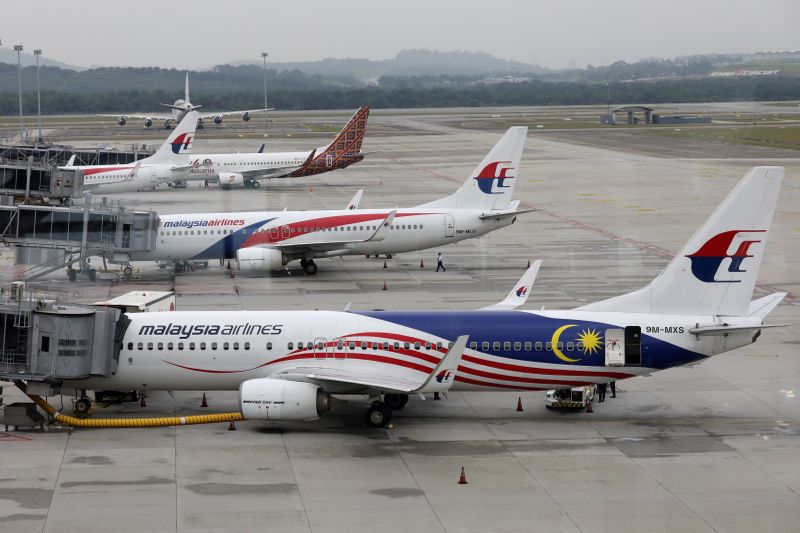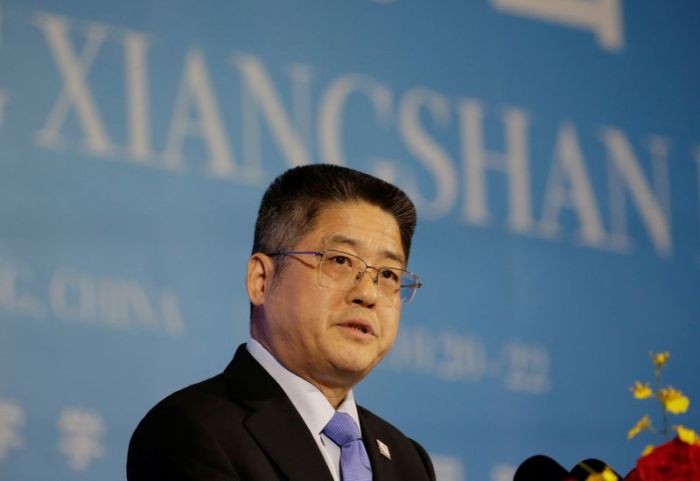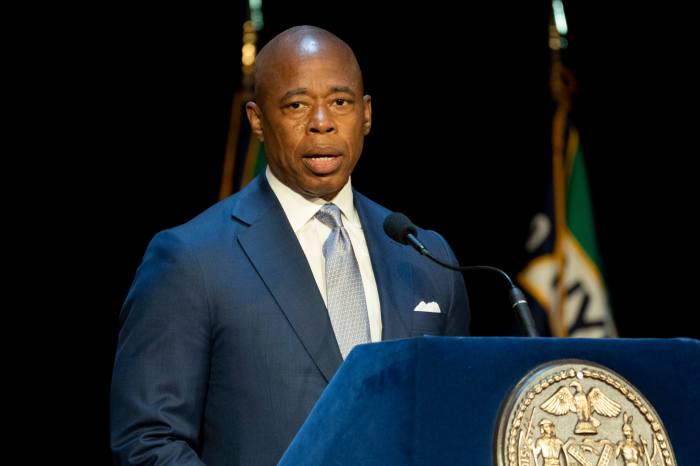KUALA LUMPUR (Reuters) – Malaysia Airlines (MAB) is working closely with sole shareholder Khazanah Nasional for financial support while also taking steps to defend its cash position to sustain business during the coronavirus crisis, it said on Thursday.
It did not give details of the financial support provided.
The COVID-19 pandemic that has killed more than 226,000 people globally and resulted in lockdowns in many countries, has battered the aviation industry as air travel has ground to a near halt.
“We have taken hard measures to aggressively defend our cash position including capacity and resource management, deferring non-critical spend, and implementing cost cutting initiatives across the business,” Malaysia Aviation Group, the holding company for the national carrier, told Reuters via email.
“The worsening situation has forced the group to offer unpaid leave, and induced salary cuts among high-income earners in order to sustain the company’s cash flow,” it said.
The group, which includes budget airline Firefly, said its airlines continue to operate mostly to facilitate essential movements of people, while its cargo unit serves global supply chains transporting time-sensitive supplies.
Airlines in Malaysia have been struggling for profitability even before the virus outbreak and Khazanah, the country’s sovereign wealth fund, has been seeking a strategic partner for the group.
Sources have said AirAsia Group <AIRA.KL> and Japan Airlines Co Ltd <9201.T> earlier shown interest in buying a stake in MAB while privately held Golden Skies Ventures earlier this month made a $2.5 billion offer to fully take over the group.
The group said solutions to address the industry over-supply situation and long-term sustainability need to be addressed holistically, and that while mergers between airlines was one option, regulations and policies could be just as effective.
It added that any merger proposal will need to take into account anti-competition regulations and address integration challenges and respective commitments and liabilities of both airline groups.
Independent aviation analyst and consultant at Sobie Aviation, Brendan Sobie, said in a webinar on Thursday that consolidation in the industry was expected prior to the outbreak but the crisis was unlikely to lead to “emergency acquisitions in Malaysia or anywhere else in the short term because everybody is focused on their own issues”.
“When they are ready to restart that (process), they have to look to see who is still interested because the market has changed,” he said.
In the same webinar, PwC Malaysia partner Edward Clayton said domestic air travel could recover from June. Assuming the domestic lockdown eases, Clayton projected local traffic could return to 75-80% of the levels recorded in December 2019 by year-end.
(This story issues an official correction in the last paragraph to clarify time period to December, 2019 from 2019)
(Reporting by Liz Lee; editing by David Evans and Raju Gopalakrishnan)



















